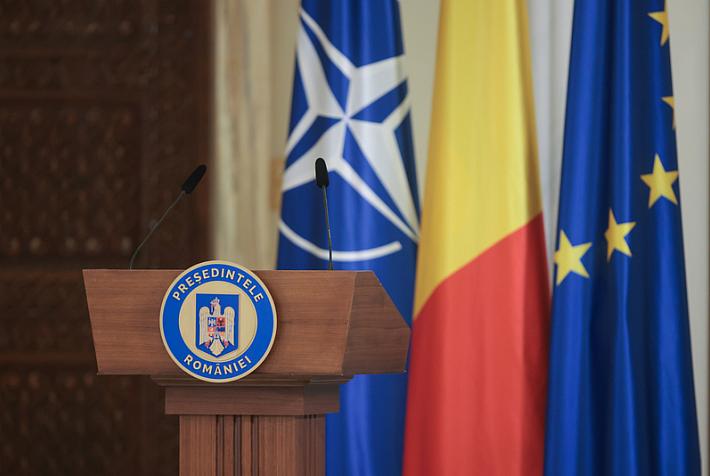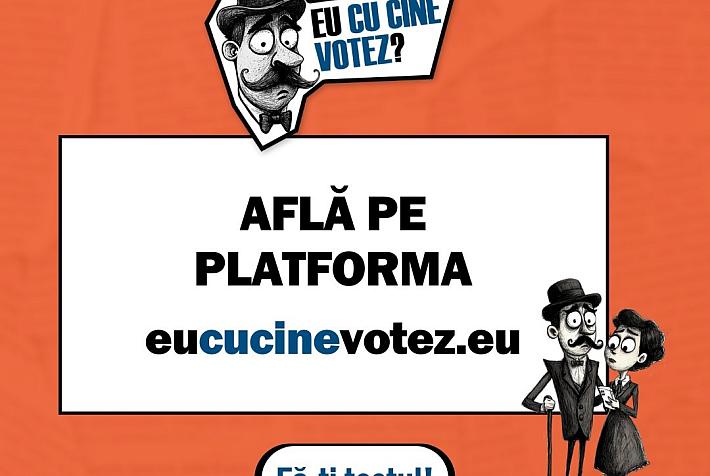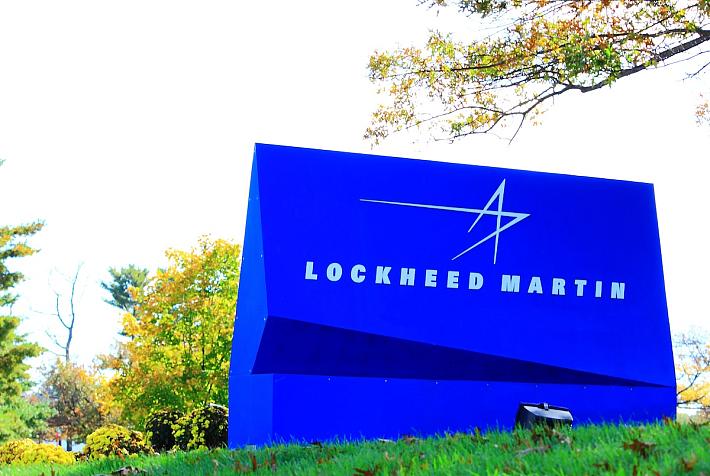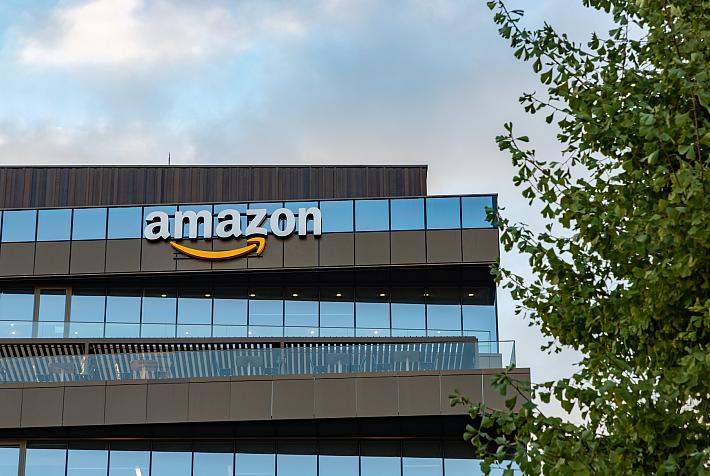The parties, the polls and the latest topics before Romanian parliamentary elections on December 9


Romania's political parties have only a few days left to win support from the electorate ahead of the parliamentary elections on Sunday (December 9 ). The main choices for voters are the ostensibly left of center Social Liberal Union (USL), the newly formed Right Romania Alliance (ARD), which is considered a right of center group and Dan Diaconescu's Popular Party, which is, according to the general view, the party of impossible promises.
Opinion polls put the USL well ahead at around 57 – 58 percent of the vote. The USL came to power earlier in the year after a vote of no confidence in the government and the two main political parties in the group are PM Victor Ponta's Social Democratic Party (PSD) and the National Liberal Party (PNL). Crin Antonescu (in picture, at the launch of USL's candidates), who was interim president during incumbent Traian Basescu's suspension, is PNL's biggest name, and its leader.
The newly formed ARD is made up of President Basescu's party the Democratic Liberal Party (PDL) and a new party Foarta Civica led by Mihai Ungureanu, who was briefly a prime minister earlier in the year. Despite the PDL being in power until the early part of the year, opinion polls show only 17 percent support at the moment for the whole ARD group.
Going into the elections, the question appears not to be if the USL will win, but by how much. PM Ponta's USL is looking for more than 50 percent of the vote, which would put the group in a stronger bargaining position during the inevitable wranglings when President Traian Basescu has to approve a PM in the new parliament.
Negative campaigning is always a part of the democratic process everywhere and commentators always condemn it. Romania is no exception and after spending much of the year leveling insults and accusations at one another, the continuing war of words between President and PM is par for the course.
In recent days one of the more noteworthy points was an appeal from the President to Romanians not to vote for candidates suspected of being involved in corruption or other criminal offenses. This is clearly nowhere near as democratic as it sounds, and it reminds somehow of the President's strategy in the presidential impeachment referendum earlier this year, when he asked people not to vote - in that case at all, and he didn't vote either. Back then, this strategy proved to be a winning one, as the referendum needed a certain attendance to be validated. In this case, with the ARD facing almost certain defeat, the lower the turnout, the better for Mr Basescu, who will remain as president until presidential elections next year, unless there is another attempt to indict him. Mr Ponta has urged people to get out and vote for Romania's future, again unsurprising as a bigger turnout is almost certain to help him.
Mr Ponta has also made some pretty serious accusations against the president regarding Romania's position in Europe. He accuses the president of actively campaigning in Brussels for Romania to be turned down for Schengen area accession and for EU structural funds to remain blocked on a number of Operational Programmes, according to reports in the local press. Attacking an opponent is one thing, but scuppering a country for political gain, quite another. Still, it's Mr Ponta and Mr Basescu and it's doubtful if anyone in Romania would be surprised, whatever accusations they made.
Elsewhere, the size of the electorate has been made official. Romania's electoral commission (BEC) has announced that the total number of eligible voters is 18,248,414, although Mr Basescu is keen to see as high a figure as possible, to lower percentage turnout.
Finally, OTV, owned by Dan Diaconescu, has just been fined RON 30,000 (EUR 6,600 ) for overly biased coverage of the election campaign, according to local news reports . No surprises there, media mogul and People's Party head Dan Diacoinescu has previously been in trouble for featuring television shows on OTV with school children chanting support for his party. The People's Party currently has around 15 percent support, according to opinion polls, putting the party just behind the ARD.
So with the election result widely considered a foregone conclusion, what next? The big questions are probably the size of the USL's win, any new political coalitions and what will transpire between government and president following the elections – it could be more entertaining political theater, but, as always, it will carry the threat of damaging Romania's interests.
Liam Lever, liam@romania-insider.com
(photo source: USL)













